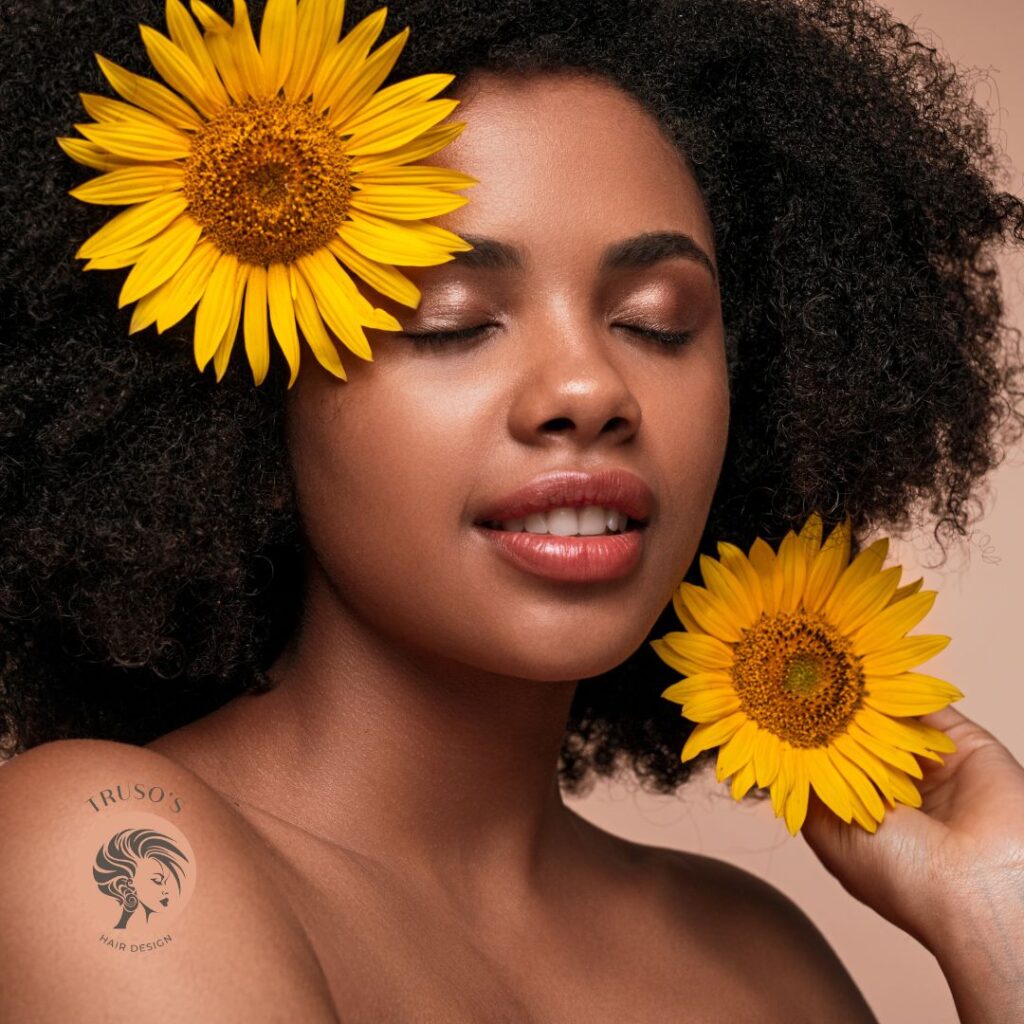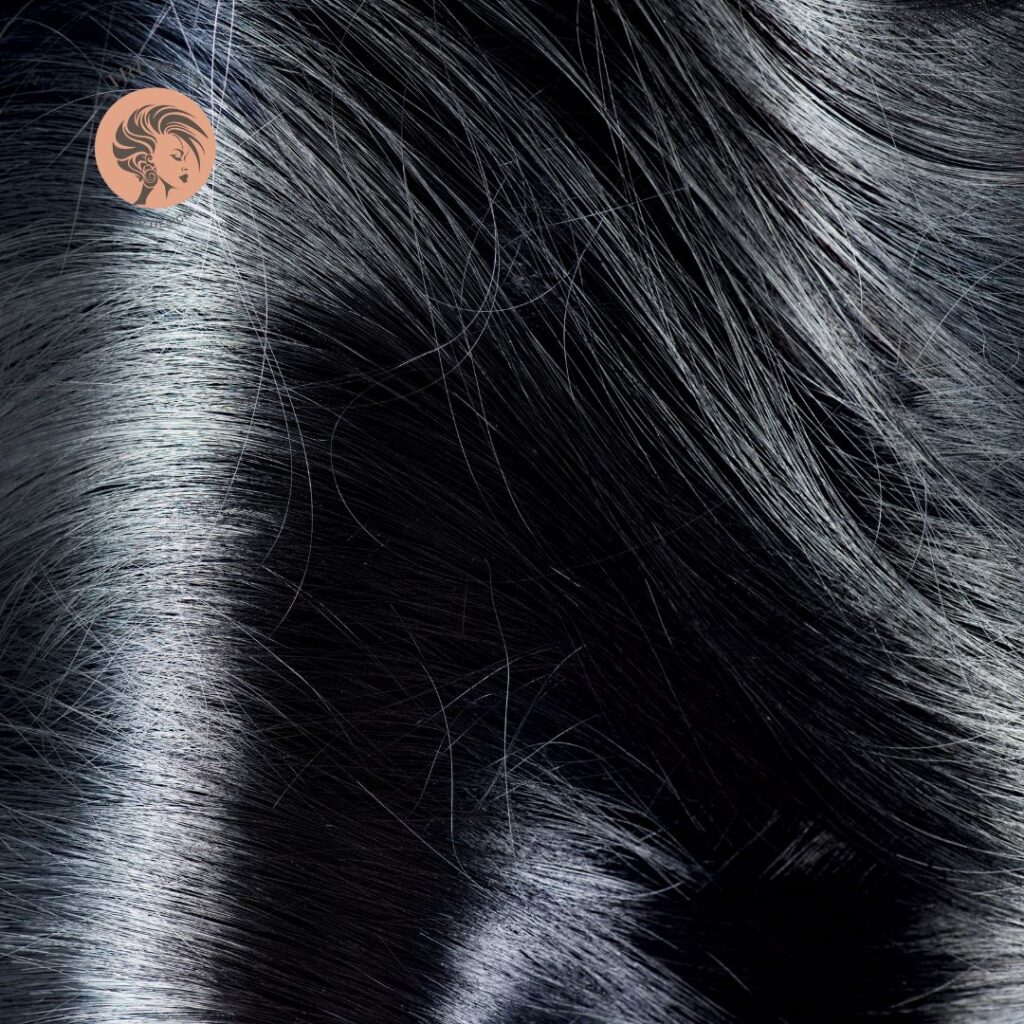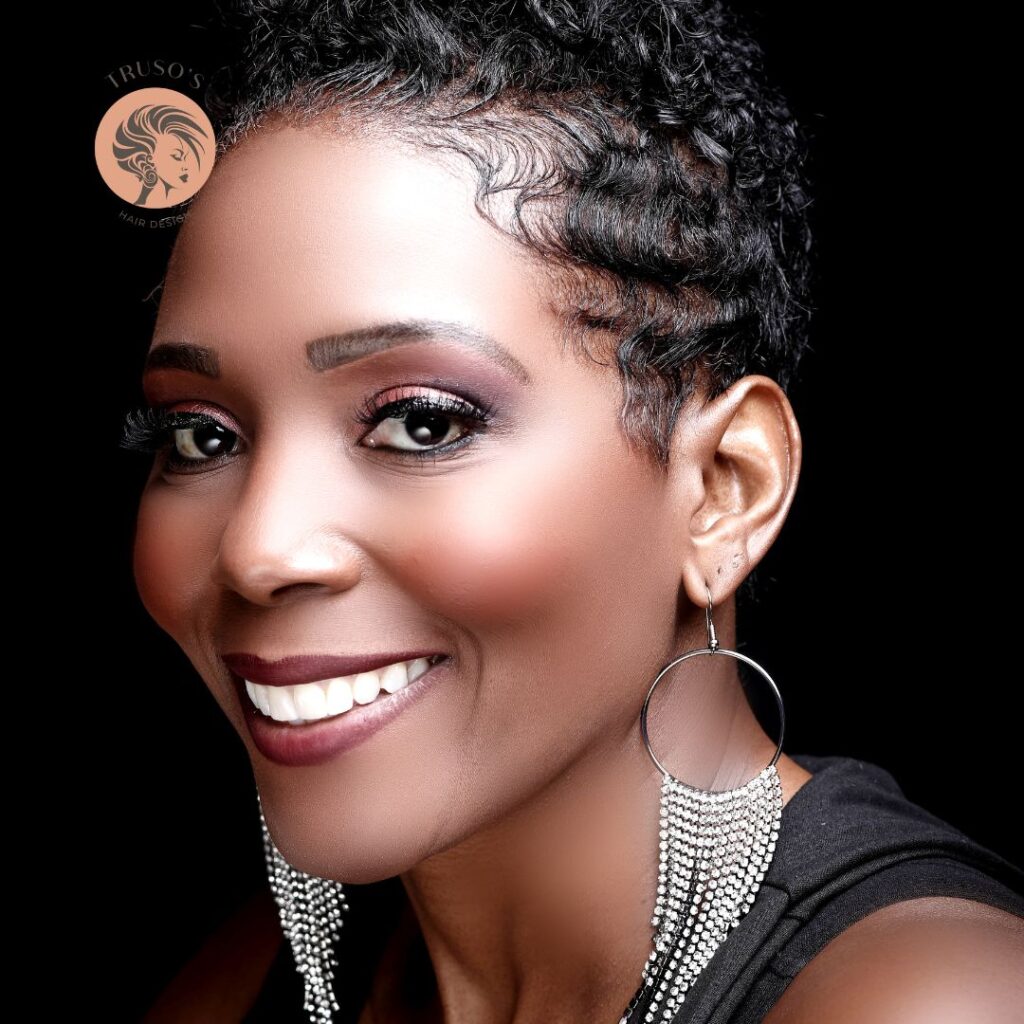What is the Most Common Hair Type for Black People?
What is the Most Common Hair Type for Black People? Understanding the various hair types within the African American community is essential for celebrating diversity and beauty. African American hair styles can vary significantly based on individual preferences, genetics, and environmental factors. However, certain common characteristics define the most prevalent hair types among black people.
Understanding African American Hair Types
African American hair generally falls into unique categories based on its texture, density, and curl pattern. The widely accepted texture classification system divides hair into four main types: Type 1 (straight), Type 2 (wavy), Type 3 (curly), and Type 4 (coily/kinky). For many black individuals, hair types mostly fall within Type 3 and Type 4:
- Type 3: This hair type is characterized by defined curls that can range from loose waves to tight ringlets. Many popular African American hair styles embrace these curls, enhancing their natural beauty through techniques like defined curl patterns or moisture retention.
- Type 4: Often referred to as coily or kinky hair, this type is characterized by tightly coiled curls that can produce dense hairstyles. Type 4 hair is highly versatile, allowing for various styles, from afros to braids, which showcase both its beauty and resilience.
The Popularity of African American Hair Styles
African American hair styles often reflect cultural heritage and personal expression. With the rise of the natural hair movement, more people embrace their natural curls and textures, leading to an explosion of creative hairstyles.
Embracing Natural Curly Textures
One of the most popular trends in African American hair styles includes the embrace of natural textures. Protective styles such as twists, braids, and buns have gained immense popularity as they promote hair health while allowing for personal creativity. Many individuals are opting for hairstyles that require less manipulation, which reduces breakage and enhances hair growth.
Versatile Styling Options
Beyond protective styles, countless versatile African American hair styles can be adapted to fit any occasion. From elaborate updos for formal events to playful ponytails for everyday wear, the artistry involved in styling African American hair is both captivating and expressive. Additionally, accessories such as headbands, pins, and scarves often enhance these hairstyles, making them even more visually appealing.
Hair Care and Maintenance for African American Hair
Maintaining African American hair requires specific knowledge of proper care techniques, especially given that most black hair types are naturally drier due to the shape of the hair shaft. Here are some essential hair care tips:
- Hydration is Key: Use moisturizing products such as leave-in conditioners and oils to combat dryness. Consistent moisturization helps maintain elasticity and promote healthy growth.
- Gentle Cleansing: Opt for sulfate-free shampoos that clean the hair without stripping its natural oils. Over-washing can lead to dryness, so it’s advisable to find a balance suitable for your scalp and hair needs.
- Protective Styling: Integrate protective styles into your routine such as braids or twists, especially during colder months, to protect the hair from environmental stressors.
The Role of Community in Hair Identity
For many black individuals, their hair is deeply intertwined with their identity and cultural heritage. African American hair styles not only serve aesthetic purposes but also reflect personal journeys and the reclamation of hair and beauty norms. Community support plays a crucial role in fostering positive attitudes towards natural hair and encouraging individuals to express themselves freely.
Final Thoughts
To summarize, the most common hair type for black people typically falls within Type 3 and Type 4 textures, characterized by their unique curls and coils. Embracing African American hair styles has become a vital expression of identity, as these styles reflect both personal preference and cultural significance. With proper care and maintenance, African American hair can thrive beautifully, showcasing its natural texture and versatility. As society continues to embrace diversity in beauty, it is essential to appreciate and celebrate the rich tapestry of African American hair and the countless styles it can inspire.
Contact us today to schedule your first or next hair appointment!




